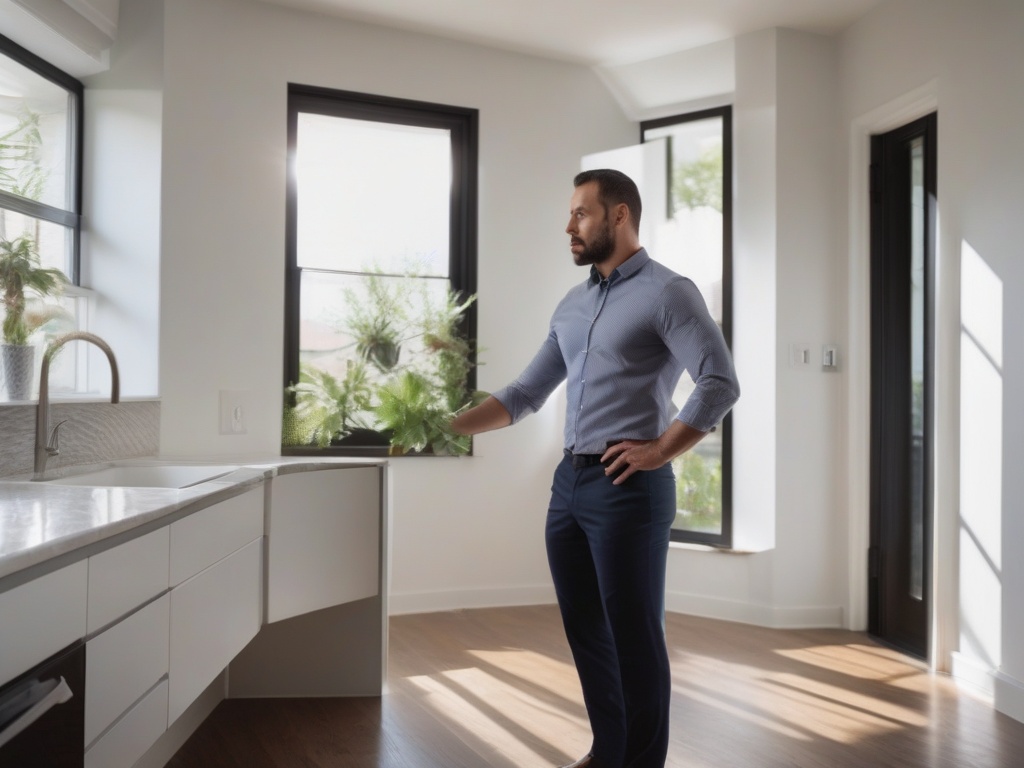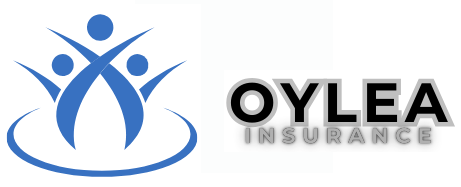
The Hidden Pitfall: How Overlooking Tenant Screening Can Devastate Your Investment
Ignoring the Critical Step in Tenant Selection
Many new landlords fall into the trap of rushing through the tenant screening process, underestimating its significance in safeguarding their investment. Failing to conduct thorough background checks can lead to disastrous consequences, including late payments, property damage, or even eviction battles. This oversight is often justified by the desire to fill vacancies quickly, but in doing so, landlords leave their property vulnerable to unreliable tenants who can cause long-term financial harm.
The Domino Effect of Overlooking Tenant Screening
When tenant screening is neglected, the repercussions can multiply rapidly. A problematic tenant might cause extensive damage, incur unpaid rent, or involve legal complications that drain resources and time. Investors often overlook the importance of verifying employment, checking credit history, and reviewing past rental references, mistakenly believing that a friendly face or immediate enthusiasm guarantees a trouble-free tenancy. However, the reality proves otherwise, as this approach neglects the critical insights gained through comprehensive screening.
Strategies to Protect Your Investment
The key to avoiding this devastating mistake lies in implementing a rigorous screening process. This should include detailed background checks, credit assessments, and direct communication with previous landlords. Utilizing professional screening tools and adhering to fair housing laws can ensure a balanced, lawful, and effective evaluation of prospective tenants. Remember, investing time and effort upfront in screening not only prevents future headaches but also guarantees a more stable and profitable rental experience. Ultimately, meticulous tenant screening transforms your property from a risky gamble into a dependable income source.
Avoiding the Costly Trap: Mastering Lease Agreements to Protect Your Property and Income
Securing Your Investment Through Clear and Comprehensive Lease Terms
Many novice landlords underestimate the power of a well-crafted lease agreement, considering it just a formality rather than a vital legal shield. A robust lease acts as the backbone of your rental business, clearly delineating responsibilities, expectations, and consequences. Failure to specify maintenance obligations, payment schedules, and rules regarding property usage can lead to costly disputes, damage, or even eviction proceedings that drain your resources. Instead, investing time in drafting a detailed lease ensures that both parties understand their commitments, reducing ambiguity and potential conflicts.
Legal Precision and Flexibility: Strike the Right Balance
While it’s essential to cover all bases, a lease that is overly restrictive or vague can backfire. Striking a balance between legal precision and flexibility is crucial. Incorporating specific clauses on late fees, pet policies, subletting, and termination procedures can safeguard your income and property, but they should also comply with local fair housing laws. Consulting legal professionals or using vetted lease templates tailored to your jurisdiction guarantees that your agreements are both enforceable and fair. Remember, a meticulously drafted lease not only deters potential issues but also provides a clear roadmap for handling disputes, should they arise.
Proactive Enforcement and Regular Updates
Having an airtight lease is only part of the equation; consistent enforcement and periodic review are equally vital. Landlords who neglect to enforce lease terms risk eroding their authority and opening doors to tenants who might exploit loopholes. Regularly reviewing and updating lease agreements ensures they adapt to changing laws and circumstances, reaffirming your commitment to protecting your property and income. By maintaining a proactive stance—promptly addressing violations and clarifying expectations—you reinforce your position and foster a respectful, transparent landlord-tenant relationship that minimizes risks and maximizes profitability.
The Crucial Mistake of Underestimating Maintenance and Upkeep: Ensuring Long-Term Profitability
Many aspiring landlords enter the rental market with visions of steady income and property appreciation, yet they often overlook a fundamental truth: maintenance and upkeep are the backbone of a sustainable rental business. Underestimating the costs and efforts associated with regular property care can transform a once-promising investment into a financial drain. In reality, neglecting proactive maintenance not only diminishes property value but also invites costly emergencies and tenant dissatisfaction, which can severely impact your bottom line over time.
When landlords fail to allocate sufficient resources for routine repairs and preventative measures, small issues tend to snowball into major problems. These unforeseen expenses can eat into profits, especially if they occur unexpectedly or escalate due to neglect. By viewing maintenance as an ongoing investment rather than an afterthought, property owners can safeguard their assets and ensure that their rental remains attractive, safe, and compliant with legal standards. The key is to adopt a strategic approach that balances immediate repair needs with long-term preservation, ultimately creating a resilient property that continuously generates revenue.
Recognizing the True Cost of Maintenance and Its Impact on Profitability
Underestimating maintenance costs often stems from a misconception that these expenses are occasional or minor. However, the reality is quite different. Regular upkeep—such as HVAC servicing, plumbing inspections, roof repairs, and landscaping—can significantly extend the lifespan of essential components and prevent costly breakdowns. Failing to budget effectively for these recurring costs can lead to a cycle of reactive repairs that drain financial resources. When tenants experience neglect or delayed repairs, their satisfaction diminishes, increasing turnover rates and vacancy periods, which further erodes profitability. Therefore, understanding and planning for maintenance as a predictable part of your operating expenses can dramatically improve your long-term returns.
Building a Maintenance-First Mindset for Consistent Revenue
To truly protect your investment, adopting a maintenance-first mentality is essential. This involves regular inspections, setting aside a dedicated reserve fund, and establishing relationships with trusted contractors who can respond swiftly to issues. Proactively addressing potential problems before they escalate preserves property value and enhances tenant retention, both of which are crucial for sustained income. It also positions you as a responsible landlord, fostering trust and reducing legal or dispute-related risks. Remember, a well-maintained property not only attracts quality tenants but also commands higher rental rates, reinforcing your profitability over time.
